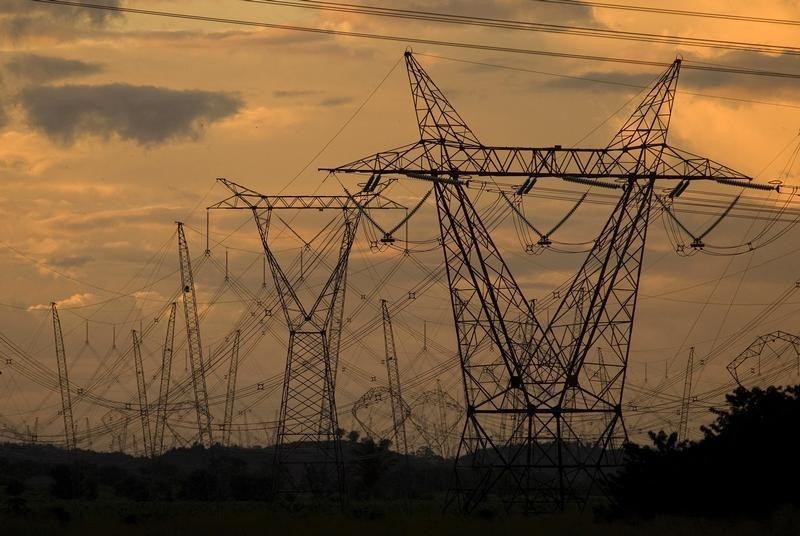By Alan Charlish
(Reuters) - French electrical component and energy management group Schneider Electric (PA:SCHN) said on Thursday it was buying automatic transfer switch (ATS) maker Asco Power Technologies for $1.25 billion (950.97 million pounds) and raising its full-year revenue target.
The all-cash acquisition of Asco, part of U.S. company Emerson Electric (N:EMR), aims to boost Schneider's presence in North America and marks a shift in focus back to low voltage control for buildings after talks to buy British software business Aveva Group (L:AVV) failed in 2016.
"Asco brings to Schneider Electric a well-recognised brand in North America, a strong level of know-how, prescription skills and network and a diversified customer base," Chief Executive Jean-Pascal Tricoire said in a statement.
Schneider said the deal would make it the global market leader for ATS, a technology which is used to switch the power source in critical buildings to a backup in the event of a power outage.
Shares in the company rose more than 4 percent on the news by 1053 GMT, topping France's blue-chip CAC 40 index (FCHI).
"The Asco acquisition is on the face of it a very good fit for Schneider's core portfolio of low voltage control and automation technologies in the building sector and demonstrates, at the price they have paid, capital discipline," said Kepler Cheuvreux analyst William Mackie.
Mackie added that the deal should ease fears among investors that Schneider might "embark on an expensive software growth strategy".
The company is also considering strategic options for a part of its infrastructure business with all options, including a sale, open.
The business, which deals mainly with medium-voltage projects and equipment, generates revenue of around 2 billion euros, the company said.
Schneider raised its objectives for 2017, after a solid performance by its building, industry and IT segments in the first half helped adjusted core profit (EBITA) beat analysts' estimates.
The company is now targeting organic revenue growth between three and four percent for the group, excluding infrastructure, up from its previous target of between one and three percent.
The group also said it was now aiming for the upper end of its initial target to increase its organic adjusted core profit (EBITA) margin by between 20 and 50 basis points.
Adjusted core profit for the first half came in at 1.72 billion euros, beating the 1.62 billion euros seen on average by analysts polled for Reuters.
